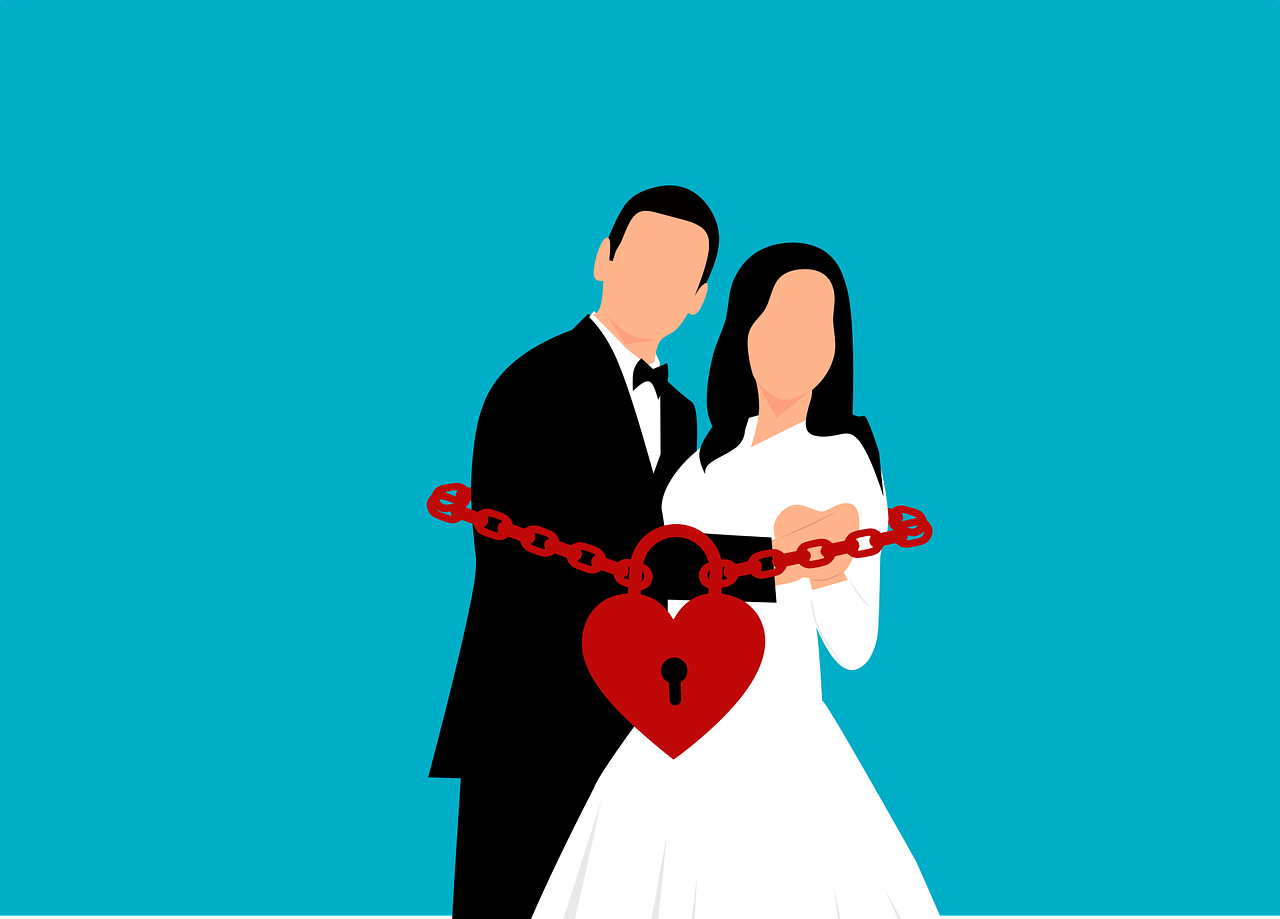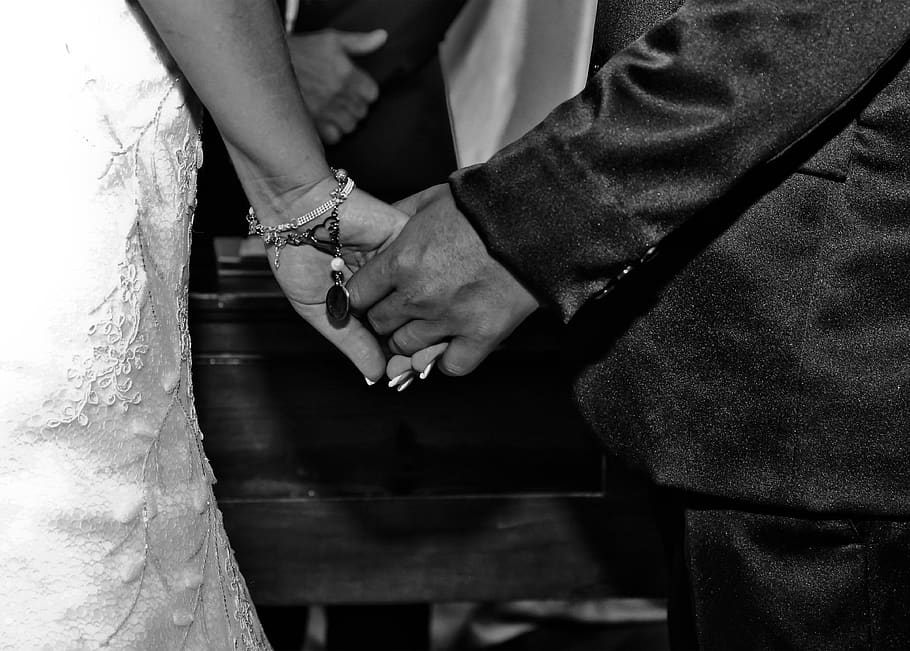Introduction Single motherhood can bring about unique challenges and, in some cases, unintentionally contribute to negative effects on a son’s future marriage. While single mothers play an important role in raising their children, it’s crucial to acknowledge the potential hurdles that may arise. In this article, we delve into the negative effects of single motherhood […]
Introduction Marriage is often portrayed as a beautiful union of love and companionship. However, there are times when the realities of married life deviate from these idealised notions and manifest as a caricature of marriage. A caricature marriage is marked by exaggerated roles, unattainable expectations, and a distorted sense of partnership. In this article, we […]
The reasons for the collapse of marriages within the Christian community, as with marriages in any other group, are complex and multifaceted. It’s important to recognise that not all Christian marriages are collapsing, and there are many thriving and successful marriages within the Christian community as well. That being said, there are several factors that […]
Every marriage goes through some accidents which may require some repairs to be done. These repairs are essential to keep the marriage alive. We cannot ignore these repairs which are supposed to be a continuous thing and make the marriage work. Now, let’s talk about the six (6) repairs for marriages. Be Ready to Apologise […]
I was told not to have premarital sex, I obliged. I obeyed all the religious advise from my spiritual fathers and mothers. I obeyed God by fleeing youthful lust and staying pure till marriage. Expectations were high during and after my wedding. The gentleman was a leading prayer warrior in the church. But he was […]











